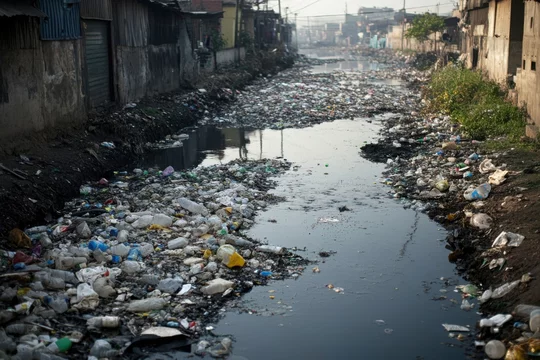The United Nations has sounded the alarm over a potential surge in maternal deaths following significant cuts to global health funding, cautioning that decades of progress could be undone if urgent investments are not made.
A new UN report released in commemoration of the 2025 World Health Day revealed that 260,000 women died in 2023 from pregnancy and childbirth-related complications, amounting to one death every two minutes.
Despite a 40 per cent global decline in maternal mortality between 2000 and 2023 largely due to improved access to essential health services UN agencies warn that gains are rapidly stalling.
“Access to quality maternal health services is a right, not a privilege,” said the Executive Director of the UN Population Fund (UNFPA), Natalia Kanem,“We all share the urgent responsibility to build well-resourced health systems that safeguard the life of every pregnant woman and newborn.”
The report, titled Trends in Maternal Mortality, paints a mixed picture. While progress had been steady until 2015, the pace has slowed significantly, with maternal mortality stagnating in five regions: Latin America and the Caribbean, Eastern and South-Eastern Asia, Europe, and North America.
Sub-Saharan Africa, though recording improvements, continues to bear the brunt of the crisis. The region accounted for approximately 70 per cent of global maternal deaths in 2023, driven by fragile health systems, conflict, and poverty.
“Mother and baby are often lost to preventable causes,” said Catherine Russell, Executive Director of UNICEF. “The world must urgently invest in midwives, nurses, and community health workers to ensure every mother and baby has a chance to survive and thrive.”
The report also spotlighted the heightened vulnerability of women in conflict-affected and fragile countries, where nearly two-thirds of maternal deaths now occur. It highlighted stark disparities in maternal mortality risks. For example, a 15-year-old girl in Chad or the Central African Republic faces a one in 24 risk of dying from maternal causes, compared to one in 593 in more stable countries. In Nigeria, the risk stands at one in 25.
The COVID-19 pandemic intensified the crisis, leading to a rise in maternal deaths from 282,000 in 2020 to 322,000 in 2021. This increase was attributed to both the direct health effects of the virus and interruptions in maternity care services.
WHO Director-General Tedros Ghebreyesus recognized the troubling trends but also noted signs of improvement. “The data reveals some hope,” he stated. “However, it underscores the ongoing dangers of pregnancy in many parts of the world, even with available solutions to prevent and manage most complications.”
He highlighted the importance of enhancing women’s reproductive rights and access to quality maternity care, asserting that these factors are essential for ensuring positive health outcomes for both mothers and their babies.
The report is published during a time of heightened worry regarding the impact of U.S. foreign policy on global health. In January, just after taking office, President Donald Trump removed the U.S. from the WHO and halted foreign aid, which has negatively affected health initiatives in various developing nations, such as Nigeria.
UN agencies are currently urging for focused investments to grow the midwifery workforce, enhance supply chains, and increase access to treatments for issues like hemorrhage, pre-eclampsia, and malaria.
The UN warns that progress toward achieving the Sustainable Development Goal (SDG) for maternal survival by 2030 is currently inadequate, necessitating a significant increase in efforts. The report indicates that to reach the goal, the global maternal mortality ratio needs to decrease by 15 percent each year, a substantial jump from the current annual decline of only 1.5 percent.
This year’s World Health Day, celebrated every year on April 7, focuses on the theme “Healthy beginnings, hopeful futures,” emphasizing the importance of maternal and newborn health in the global health agenda.


